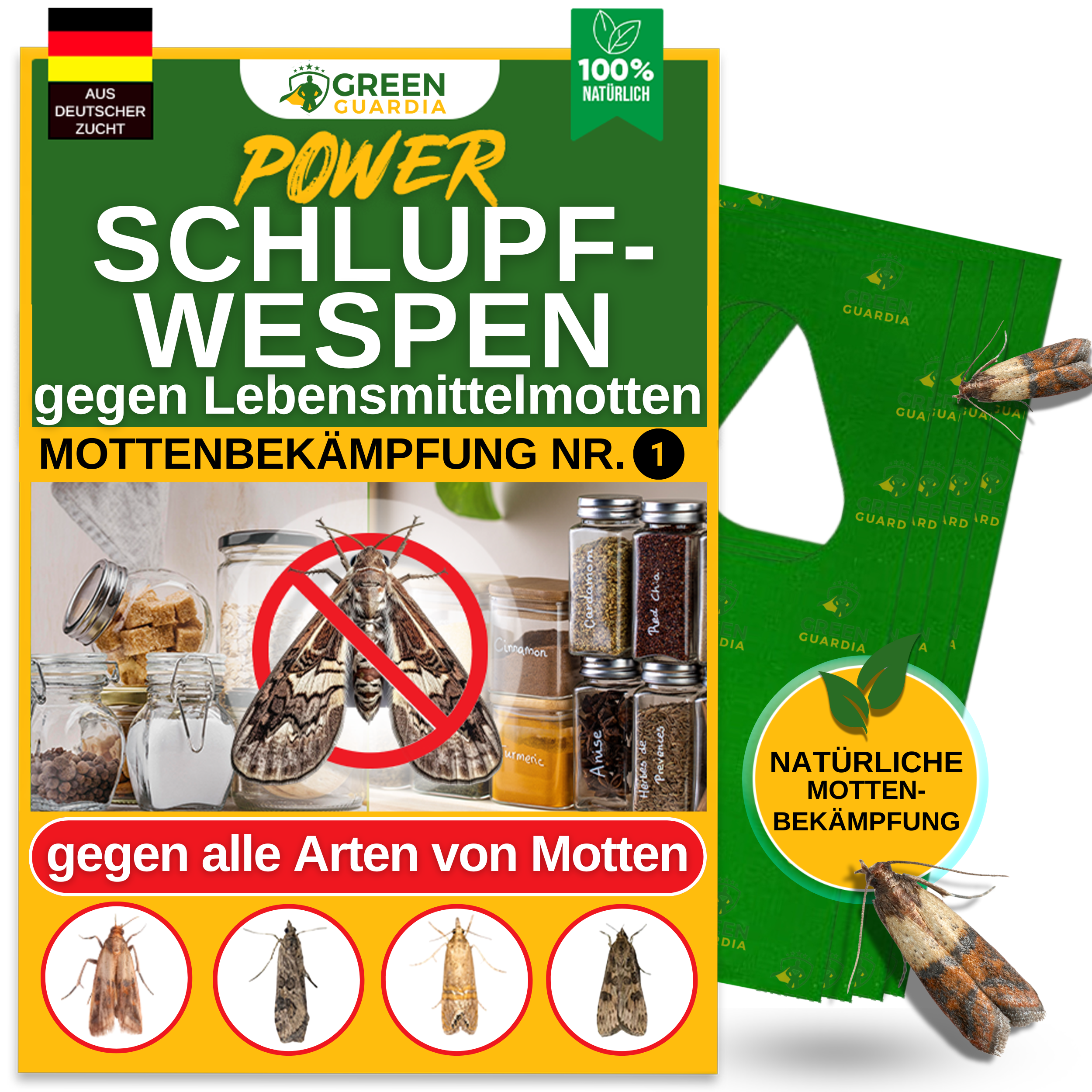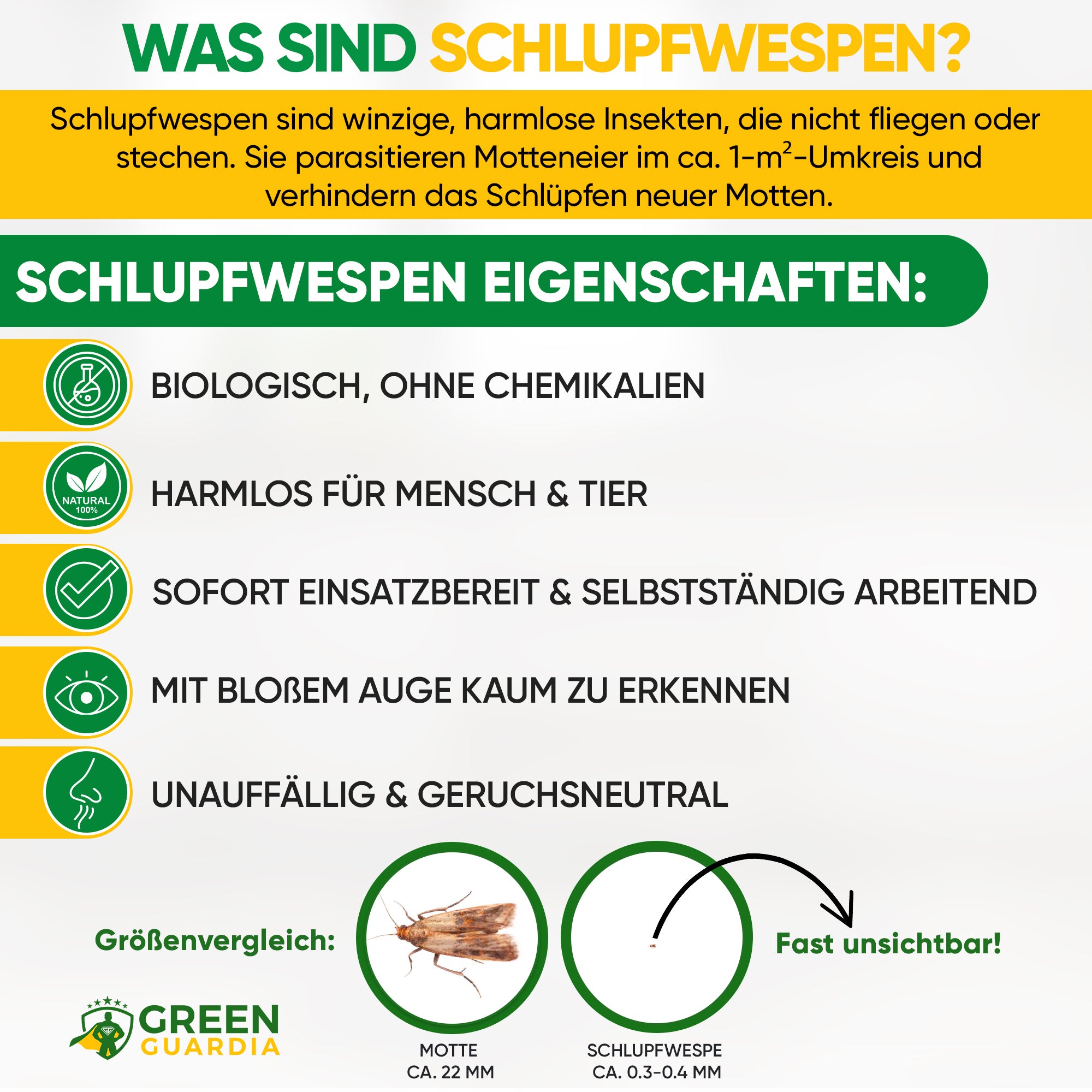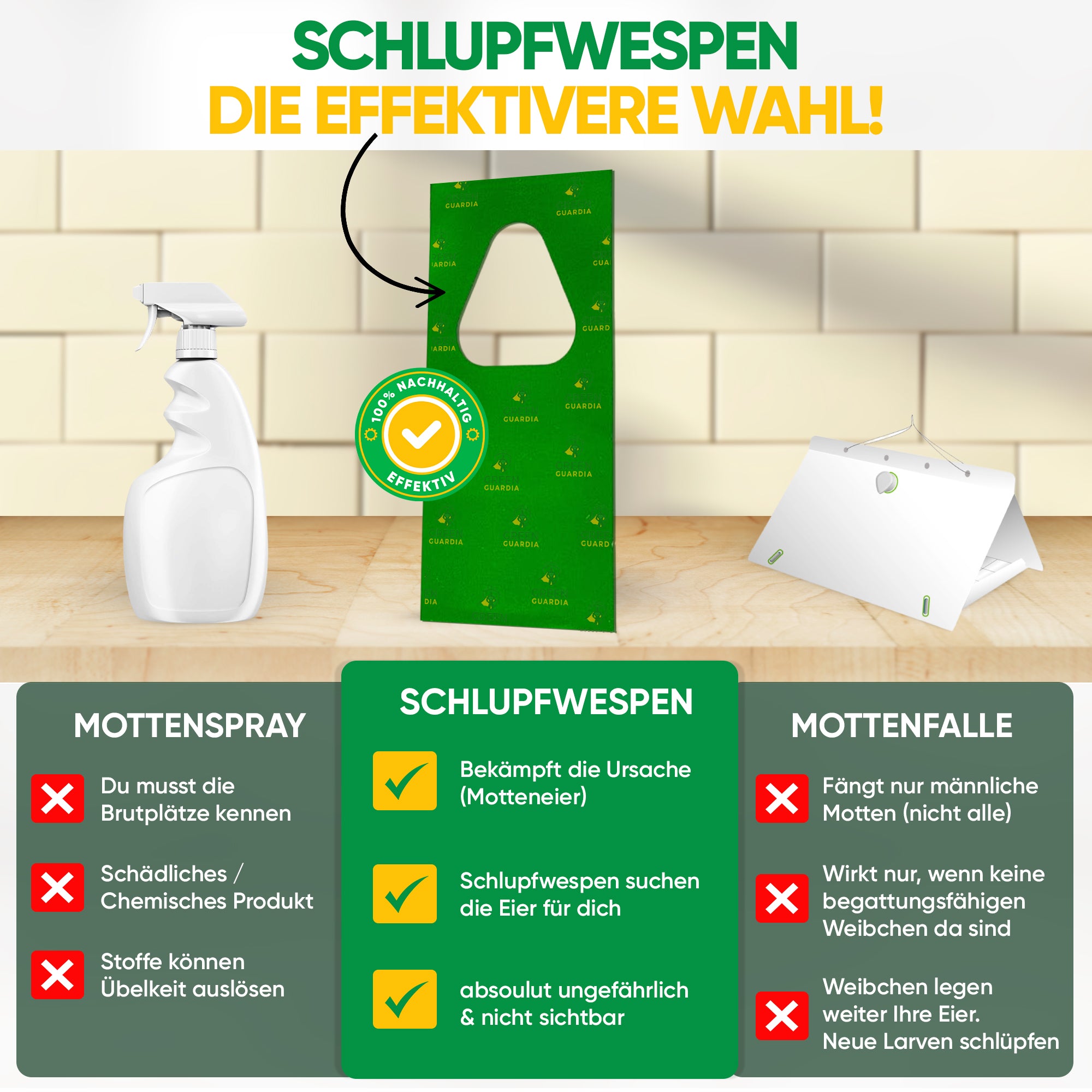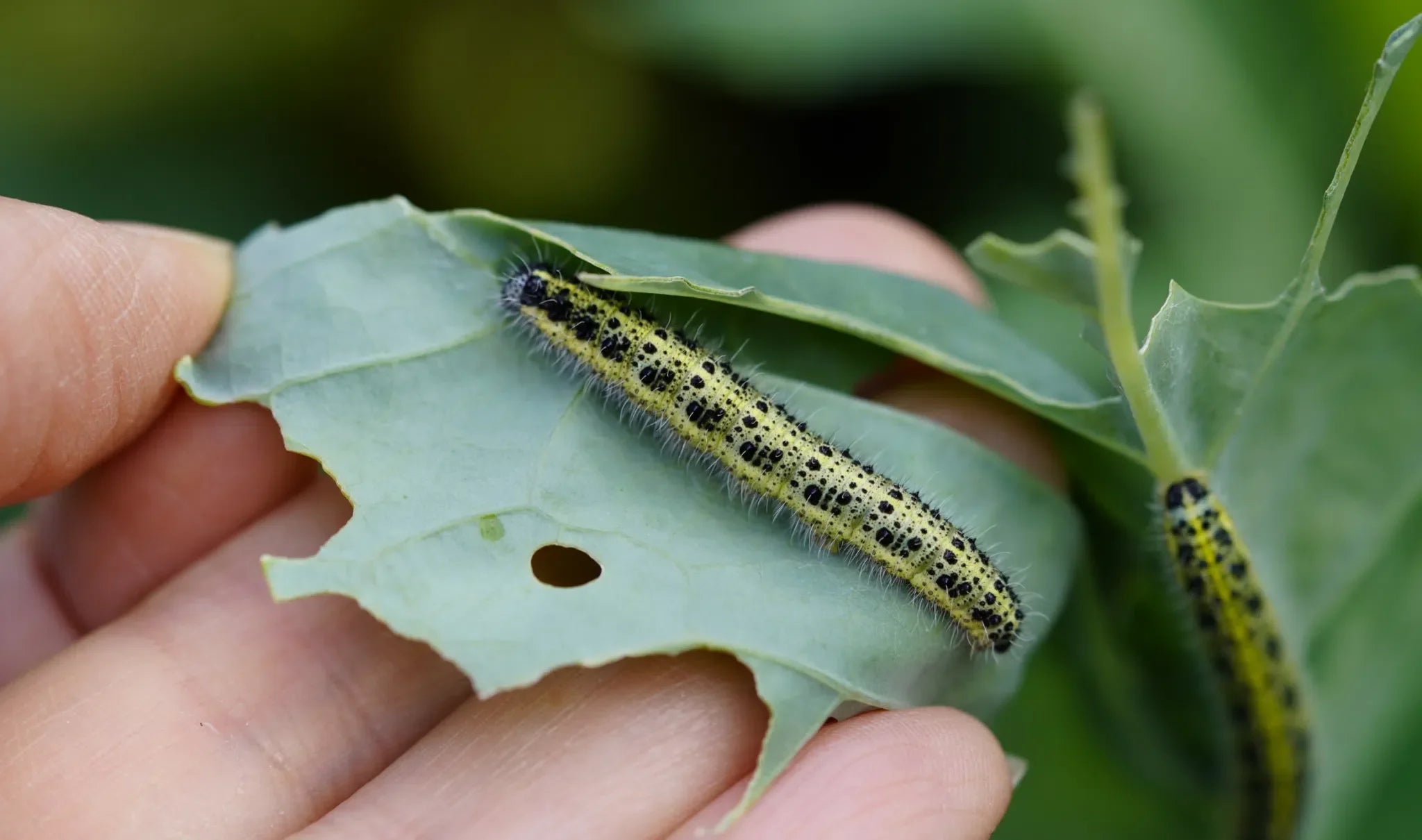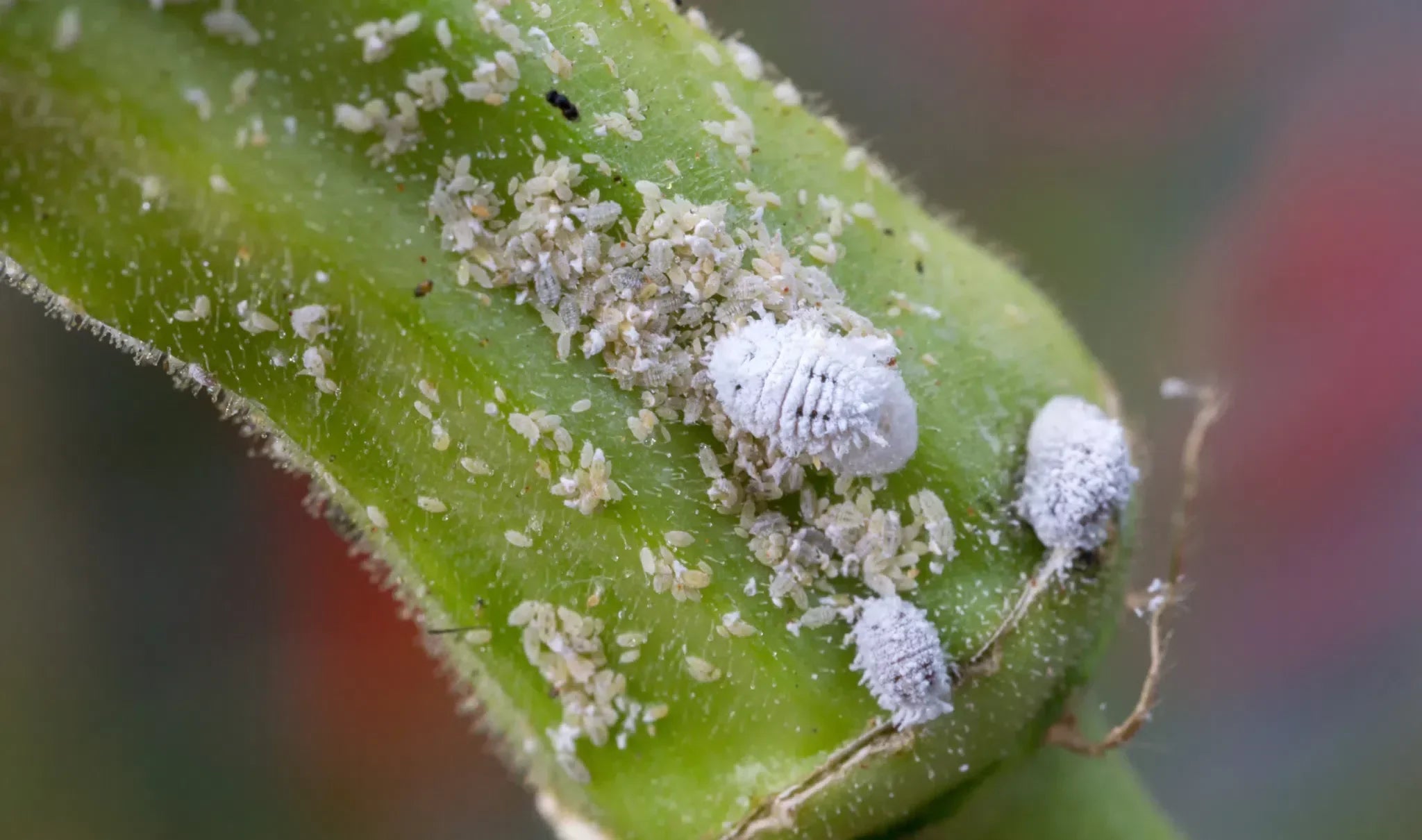Identify scale insects and combat them naturally
Scale insects are among the most common pests of houseplants and ornamental plants. They weaken plants by sucking sap and leave behind honeydew, which provides ideal conditions for sooty mold. Here you'll learn how to identify scale insects, combat them naturally, and prevent future infestations – all without chemicals.
An overview of the pest
Scale insects are small, usually oval insects with a scaly, waxy covering. They often live on leaves and stems, usually well hidden. The result: weak plants, yellow leaves, and stunted growth.
Life cycle and reproduction of scale insects
Female scale insects lay their eggs directly on the plant. After hatching, the nymphs attach themselves and suck plant sap. A female can lay up to 1,000 eggs, requiring rapid action.
How to recognize an infestation
- Waxy deposits on leaves and stems
- Sticky honeydew on leaves (promotes sooty mold)
- Yellowish, discolored leaves and growth disorders
- Weakening of the plant, poor vitality
Natural methods to combat
- Ichneumon wasps (Metaphycus helvolus): These beneficial insects parasitize scale insects and stop their development naturally.
- Mechanical removal: Carefully wipe off scale insects with a damp cloth.
- Neem oil: A proven home remedy against scale insects, suitable for regular use.
Preventive measures
- Regularly check the plants, especially in hidden places
- Strong plants through optimal care (nutrients, water, location)
- Targeted release of parasitic wasps in spring and autumn
- Sufficient space for good ventilation between the plants
Products for natural control
We recommend using parasitic wasps (Metaphycus helvolus) , which you can easily order through our shop. These beneficial insects offer an effective, sustainable solution – completely chemical-free.
Our product range also includes organic neem oil sprays and practical tools for mechanical pest control. Our products will help you keep your plants healthy in the long term.
Conclusion
Scale insects can be safely controlled using natural methods. Parasitic wasps, neem oil, and regular inspections help keep your plants healthy. Start environmentally friendly control now and protect your plants sustainably!


